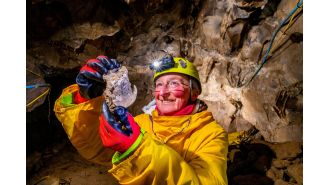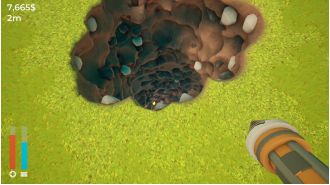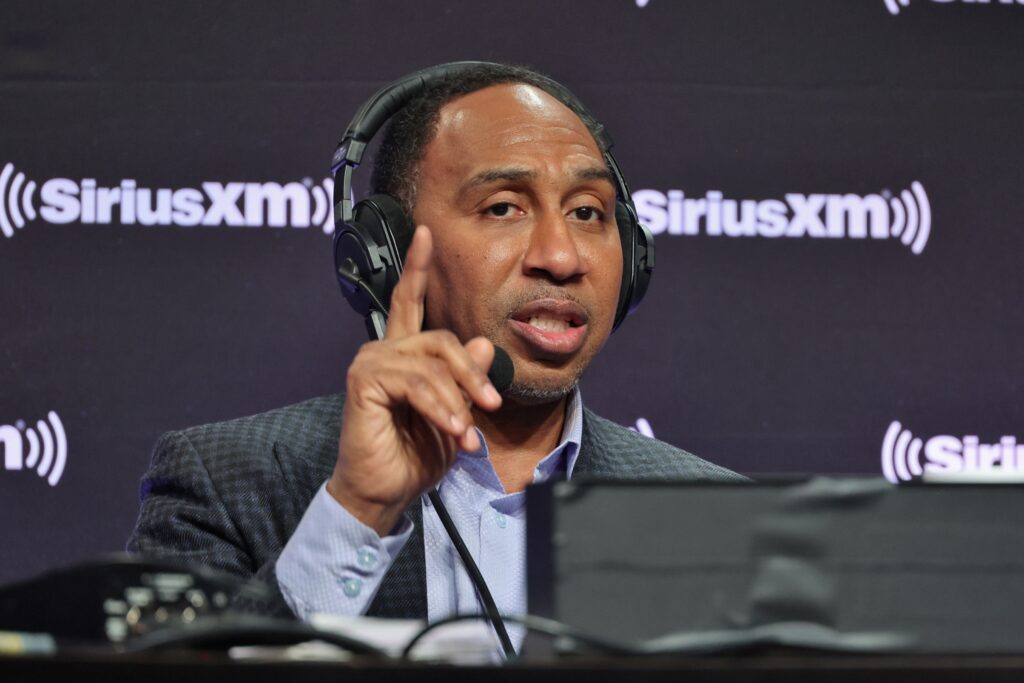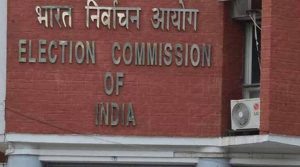Sex ed might have prevented me from being groomed and abused.
Giving children knowledge is crucial for protecting them and encouraging them to speak out against abuse.

Hannah's childhood was marred by a traumatic experience that she didn't fully understand until her final year of primary school. It was during a sex education class that she finally started to make sense of the confusing and painful memories that haunted her. As her male headteacher explained the human life cycle, Hannah's mind was flooded with memories of being groomed and sexually abused by a family friend between the ages of seven and nine. For the first time, she felt a glimmer of understanding, but something didn't feel right. The sexual contact her teacher described didn't match her own experiences. Despite this, the lessons opened a door, shedding light on the darkness and confusion that had plagued her childhood.
Hannah firmly believes that the government's plans to tighten restrictions on sex education are abhorrent. She believes that if she had been taught about sexual abuse and consent from a young age, without shame or judgment, things could have been different for her. Thanks to sex education, she started asking questions and reading books about puberty, the life cycle, and sex. Looking back, she now realizes that these were attempts to make sense of her own experience of childhood sexual abuse. It wasn't until her peers started talking about sex that the final pieces clicked into place. As they naively discussed the topic, Hannah realized that she should have been on the same level of cluelessness, but instead, she was miles ahead in terms of experience and knowledge. It was during her final sex education lesson that her teacher's statement about sexual contact only being for babymaking became her final red flag.
As the realization set in, Hannah was overcome with shame and disgust. She blamed herself for the abuse, wondering why she didn't speak up when it was happening. It wasn't until later in her life that she realized she didn't have the knowledge or language to do so. She tortured herself with unfounded guilt for years until, at the age of 13, she finally found the courage to confide in her family. While they were supportive, she could see the pain in their eyes, and it hurt to know that they may never look at her the same way again. Her mother reported the abuse to social services, but Hannah didn't press charges. The social worker explained that it would likely be her word against her abuser's, and she didn't have the words to describe what had happened to her. She couldn't bear to relive the trauma again.
That's why when the government announced new guidelines suggesting tighter restrictions on sex education for children, Hannah's heart sank. These guidelines state that children should not be taught about puberty before the age of eight or nine and that it's best to wait until they are 11 or 12 before teaching them about sexual harassment and abuse. They also recommend not teaching about harmful sexual behaviors until children are 11 or 12. Hannah was disappointed by these guidelines, especially considering that research shows that high-quality sex education can encourage children to report abuse and prevent them from being in violent or abusive relationships.
These guidelines operate in a fantasy world where children are never exposed to sex and abuse, which is far from the reality. In the UK, a significant number of children have seen porn before the age of 11, and many will experience sexual abuse before the age of 16. Hannah believes that these guidelines are outdated and will not have any positive effect in protecting children. She believes that comprehensive sex education, starting at a young age, is crucial in educating children about their bodies and empowering them to speak up about abuse. She is disappointed that the government is not investing in preventative measures and is instead leaving children vulnerable to abusers.
Hannah believes that children should be taught from a young age about good and bad touch and how to spot signs of unsafe adults. She also believes that there should be more safe spaces for children to share their experiences and feelings. If she had received this kind of education at a young age, she believes that she could have recognized the abuse and reported it sooner. She is begging schools to ignore these guidelines and for the government to re-educate itself, as only by empowering children with knowledge can we protect them and prevent future cases of abuse.
Hannah wants to see parents, schools, and the government working together to combat the epidemic of childhood sexual abuse. She believes that sex education is a crucial part of this effort, as it has been proven to reduce the occurrence of abuse. She urges the government to take action and not keep children in the dark, as these guidelines suggest. She knows from personal experience that a lack of knowledge makes children easier targets for abusers. She hopes that by speaking up and sharing her story, she can help protect other children from experiencing the same trauma she did. She encourages others to share their views and stories and join the fight to ensure that comprehensive sex education is taught in schools at a young age.










